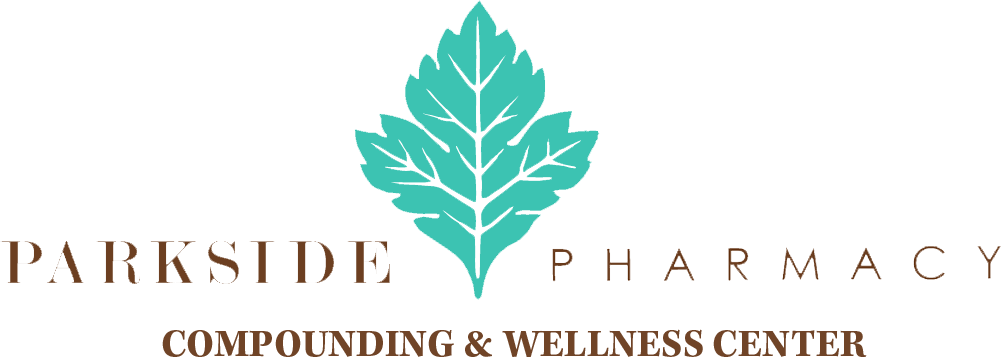We have all heard and seen commercials on products that promise to keep us looking younger, even the possibility of reversing the aging process. These commercialized products come in a variety, from powder, cream, facial solution, and even pills. One promising agent, gaining recent attention, is human growth hormone (HGH, aka: somatotropin), which is a natural hormone that the body makes, but is now widely synthesized for many uses. One of its controversial uses is in the claim that it can work as an anti-aging agent. Let’s look at what growth hormone is and how it affects the body.
What Is Growth Hormone?
Growth hormone is produce naturally in the anterior pituitary gland, which is a pea-size gland located in the brain. The gland makes, stores, and releases the hormone to the rest of the body when needed. The hormone is extremely essential for the normal physical growth in children and adolescents. Its levels rise during childhood and peak during the time of puberty when there is a rapid acceleration in growth. Growth hormone works by regulating body composition, increasing body fluids, building muscle and stimulating bone growth. It also increases the breakdown of fats. All of these activities contribute to physical growth. As the body reaches a full physical and reproductive maturation, the production of growth hormone starts to decline.
Does Growth Hormone Really Affect Aging?
Growth hormone is currently used to increase livestock production, such as increasing milk production in cows. It is also prescribed by physicians to treat conditions such as constitutional short stature, heart and kidney failure, and other conditions that cause loss of body mass. Its controversial use for performance enhancement is also well-known and publicized. However, can it really alter the aging process? There are some studies that were performed on adult subjects with documented lower than normal levels of growth hormone. The results showed that the additional human growth hormone helped increase the muscle mass, increase bone mineral density, and decrease body fat. Overall there was also an improvement in the general well-being in these patients. However, when similar studies were done on healthy adults who had normal levels of growth hormone, the result was not promising. The studies showed very small improvements in body composition. Muscle mass growth was shown to be mainly due to increase in water content in the muscle cells. Also, there were a considerable number of undesirable side-effects. These side-effects included swelling in the arms and legs, joint and muscle pain, and carpal tunnel syndrome. In addition, growth hormone may also contribute to other diseases such as diabetes and heart disease. There is still not enough evidence to support growth hormone’s ability to slow down the aging process in healthy individuals. On the contrary, the risk of undesirable and detrimental side-effects seems to outweigh any potential beneficial effects in normal healthy individuals.
In conclusion, growth hormone should only be used in individuals who have lower than normal levels of growth hormone. It should also be only prescribed and monitor by a qualified physician. If you are concerned about the effects of aging and looking for ways to counteract the natural aging process, you should talk to your doctor or pharmacists about alternative way to improve your health. In the meantime, one thing that we all can do to feel our best as we’re getting older is choosing a healthy lifestyle such as eating a balanced diet and routine exercise.
